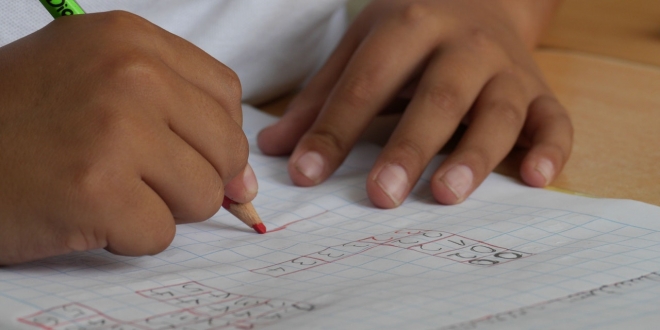A new report by the Education Policy Institute (EPI) has drawn a critical response from the National Education Union (NEU).
The new report by the EPI titled English Education: World Class in Primary? has found that England has one of the largest gaps between high and low performing primary school pupils in the developed world.
The analysis showed that primary schools in England are struggling to keep up with those in other countries with regard to maths education for 10 – 11 year olds – as every local authority in the country missed a key benchmark.
The report lays bare the huge disparity in maths learning for primary school students, as the brightest in England continue to do well while the low achievers fall further behind.
In the top-performing countries, 90% of primary pupils achieve the Key Stage 2 benchmark in maths – but last year only 75% of English pupils met that mark.
The report estimates that 90,000 pupils in England need to significantly improve their performance in maths to compare with nations such as Singapore and South Korea.
In response to the report, Kevin Courtney, Joint General Secretary of the National Education Union, drew attention to the overworking of teachers in England and suggested the EPI study will do more harm than good in adding more pressure. He said:
This is a disappointing report, which offers little that can help the real work of school improvement.
Primary schools in England are hampered by a narrow and test-driven curriculum, which overworks teachers and damages the classroom experience of children.
The effect of the EPI report will be to make this situation worse. It will ramp up the pressure for higher test scores in mathematics, and in the process narrow further the curriculum. The consequences for primary education of this pressure are not imagined or discussed.
Educational professionals, like parents, want to see changes to primary education that will raise the all-round quality of children’s learning. This report will not help meet those aspirations






Facebook Comments